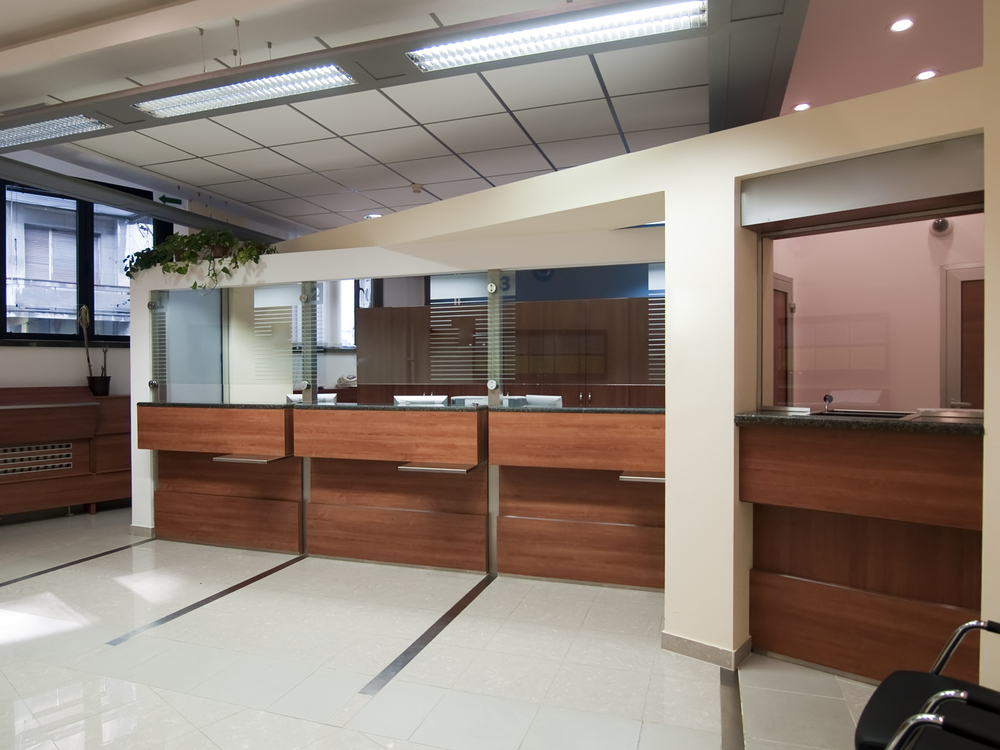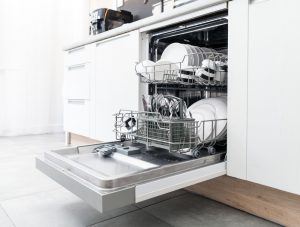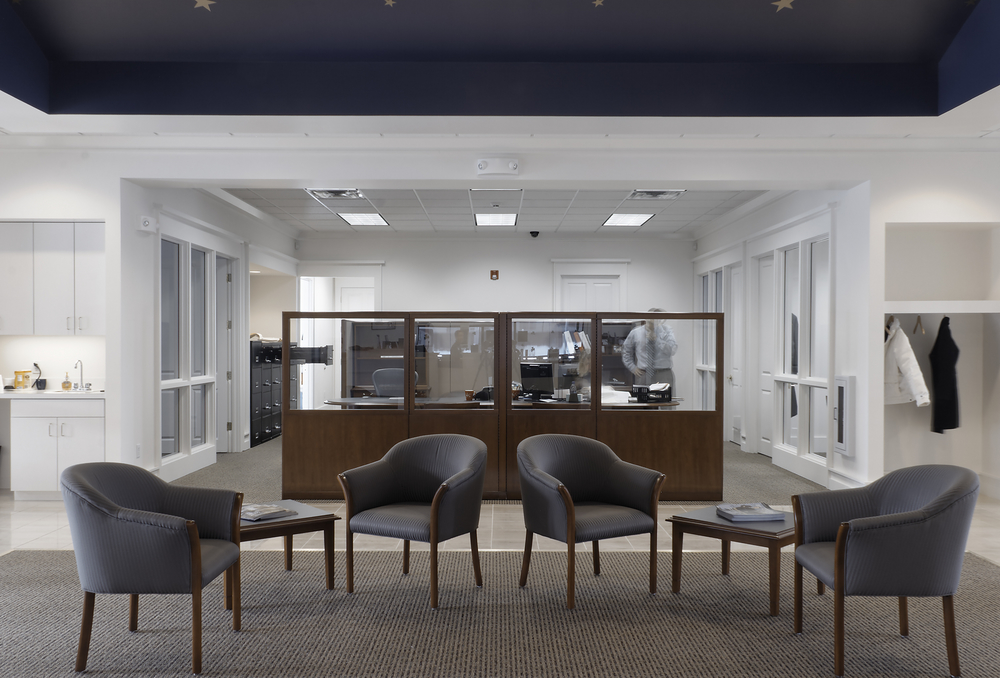American Sound serves many industries, including offices that face privacy concerns for clients, such as law offices, medical offices, and financial institutions.
Today, our team answers several FAQs about sound masking.
What is sound masking?
Sound masking represents a technology that produces ambient background noise that precisely matches the frequency of human speech. The idea is to cancel out normal human speech for better speech privacy when individuals have confidential conversations.
What does sound masking accomplish?
Sound masking reduces how far away conversations can be heard and understood by others. It does NOT cancel sound or eliminate all speech noise.
What types of companies need sound masking?
Companies that need sound masking often have privacy concerns or must follow regulations to ensure privacy for clients, customers or patients.
You might find sound masking in:
- Public spaces
- Reception areas
- Pharmacies
- Waiting rooms
- Medical offices
- Dentist’s offices
- Hospitals
- Banks
- Insurance offices
- Government offices
- Attorney’s offices
- Hallways adjacent to private offices
- Open office plans
- Private offices
- Counseling offices
In what rooms do companies install sound masking speakers?
Speakers that emit sound masking frequencies are installed in rooms or areas where conversations should not be heard, not necessarily in rooms or areas where conversations take place.
Why do offices use sound masking?

Sound masking disrupts voices in a room, so they do not travel farther than the space of an ordinary conversation. This ensures no one outside of a room can’t overhear the conversation using normal means.
How does a professional sound company install sound masking technology?
- Professional installation companies assess the space that needs this technology by taking measurements and looking at the structure of the space, including the thickness of walls, floors, and ceilings. This is called a site survey.
- Then a technician plugs in the measurements to their software to determine how many speakers, their sizes, and distribution throughout the room.
- The professional sound installation company installs the speakers, typically in the ceiling.
- After the installation of speakers, technicians calibrate the speakers and take measurements of the sound they produce. At this stage, technicians will tweak the ambient sounds for optimal results.
- Following calibration, sound masking technicians will install software on an office computer that allows the company to control the system. All of the speakers in a system are controlled from a centralized location, typically a hub, where all speakers connect to (either hardwired or wirelessly).
How does sound masking work?
This technology uses quiet sounds, similar to that of gentle air-conditioned air filtering into a room, to actually make rooms quieter.
Sound masking technology works through speakers emitting a specific frequency of sound over various channels. The frequency is near the same frequency as human speech, which disrupts speech coming from other parts of the room.
What does sound masking noise sound like?
The noise from the speakers sounds just like airflow from a central air conditioning unit as it pipes air into a room.
How much does sound masking cost?

Average systems cost from $1.50 to $2 per square foot, but your actual costs vary depending on how many speakers you need and the size of the space that needs sound masking.
For example, your building is 10,000 square feet. However, techs determine that only 4,500 square feet need sound masking speakers installed. This gives you an average range of $6,750 to $9,000 for installing this technology. Again, your actual results will vary.
What are the benefits of a sound masking system?
In addition to maintaining speech privacy, companies may see the following benefits:
Less distractions. People are less likely to be distracted because they can’t hear conversations in other rooms.
Higher productivity. Because sound masking cuts down on distracting conversations, your workers may actually be more productive at the office.
Protect your customers. Think of what happens when a customer places an order over the phone. Do you read back the customers’ credit or debit card number to make sure you heard it properly? What if another customer overheard that number? Is the customer’s card information safe?
Remove awkward silences. Oddly enough, completely silent rooms can be distracting when a sudden noise penetrates the silence. Reduce this distracting effect with sound masking technology.
How long does installing a sound masking system take?
Installers may take a day or two to install a system. The company will make an appointment with you to be at your office or facility after the equipment comes in.
What are the best sound masking systems?
The best ones adapt to changing conditions in the room, such as when sound levels are low or high, through the system’s equalizer.
Why is calibrating the sound masking system important to its functionality?
Calibrating the system is vitally important because there may be multiple channels through which the sounds flow.
Think of calibrating the system like your television or radio. Your television uses three main colors, red, green, and blue, to generate all of the images on a screen. If even one of these colors is off, it will make images that you can tell are weird. On a radio, think of the bass and treble channels from the music. Increasing the bass means more “thump-thump-thump” sounds, while the treble produces lighter sounds. You can alter the music you listen to by changing different channels like the treble or bass.
Similarly, technicians must equalize and balance all of the channels in the sound masking speakers to make sure they work together properly to produce the right sounds. Otherwise, the ambient noise doesn’t sound right, and people in the room will notice.
Is sound masking safe?

Yes, these systems are perfectly safe for human hearing. It operates at a level of 48 decibels or lower. For comparison, 48 decibels sounds like a home’s automatic dishwasher. OSHA regulates the sound levels that employees can be subjected to over an eight-hour period, and the maximum amount is 90 decibels for every eight hours. 90 decibels is equivalent to heavy traffic, a window air conditioner, a subway, or a shouted conversation.
Do companies offer free quotes for sound masking systems?
Yes, if your company is serious about installing this kind of system then professional installers may offer a free quote. They will need to see the facility first.
Who should install my sound masking system?
Professional installation is the best way to go for sound masking systems. Professionals will make sure the system looks cohesive, works properly, and trains the necessary staff on its operation.
American Sound can help! Contact us for more information or call (859) 261-9024.

